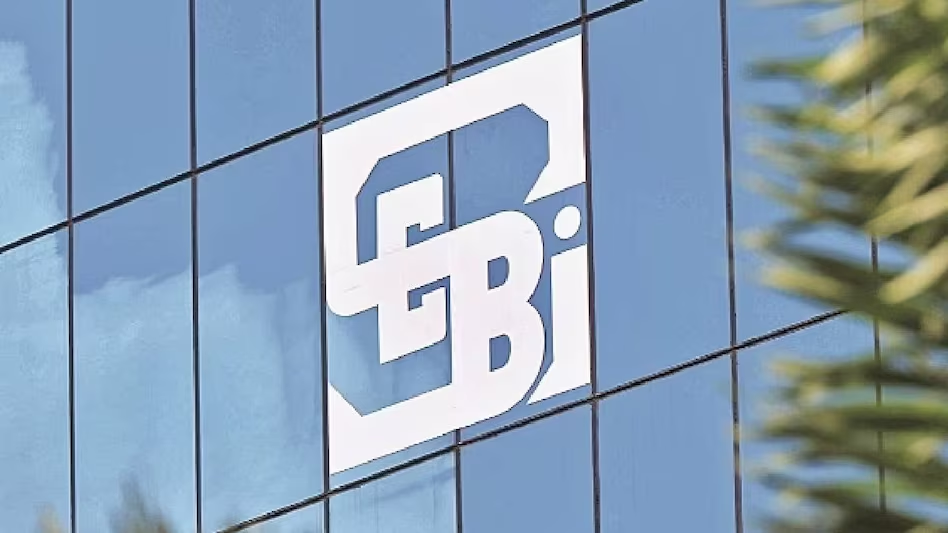Synopsis:SEBI is taking a multi-faceted approach to address the growing concerns around the exuberant investor interest in SME IPOs. The regulator is set to introduce new norms to tighten the SME listing process, aiming to curb potential risks associated with speculative investments in unproven companies. While SME IPOs have generally been profitable in 2024, SEBI's interventions highlight the need for a balanced approach to protect investors while supporting the growth of SMEs in the capital market.
In 2024, the Securities and Exchange Board of India (SEBI) has raised significant concerns over the escalating investor enthusiasm in the Small and Medium Enterprises (SME) segment of the stock market. As of September 2, a total of 168 SMEs had successfully raised funds through initial public offerings (IPOs), with nearly two-thirds of these issues being oversubscribed. This surge in investor interest, however, has led to what many describe as "irrational exuberance," prompting SEBI to consider new regulatory measures to mitigate potential risks.
Investor Mania in SME IPOs: A Cause for Concern
The rapid oversubscription of SME IPOs has alarmed regulators. For instance, Resourceful Automobiles, a Delhi-based company aiming to raise Rs 12 crore, received bids exceeding Rs 5,000 crore. Similar cases include HOAC Foods India and Kay Cee Energy & Infra, which saw bids of Rs 11,000 crore and Rs 16,500 crore, respectively, despite their modest IPO sizes. This kind of overwhelming response has raised red flags, with SEBI highlighting the risks of investing in relatively unproven companies.
Regulatory Response: A Multi-Pronged Approach
To address these concerns, SEBI has begun advising intermediaries involved in SME listings to exercise greater caution and reject potentially problematic issuers. SEBI Whole Time Member Ashwani Bhatia emphasized the need for stricter checks and balances, noting that some SME promoters have been known to offer exorbitant fees to chartered accountants and merchant bankers to secure favorable IPO outcomes. Bhatia warned that companies engaging in unethical practices could face severe repercussions, including short-lived relationships with the securities market.
Upcoming Regulatory Changes
SEBI is preparing to introduce new norms aimed at tightening the SME IPO process. A consultation paper is expected to be released soon, proposing stricter eligibility criteria, enhanced disclosure requirements, and increased scrutiny of SME listings. The goal is to ensure that only high-quality SMEs can access the capital markets while protecting investors from potential fraud.
In tandem, the National Stock Exchange (NSE) has echoed these concerns, with Managing Director and CEO Ashishkumar Chauhan warning against a repeat of the mid-1990s "vanishing companies" scenario, where numerous newly listed companies disappeared, leaving investors in the lurch. SEBI has already implemented a 90 percent cap on listing gains for SME IPOs, a move aimed at curbing speculative investments.
Despite these regulatory tightening measures, the majority of SME IPOs in 2024 have remained profitable, with over 80 percent trading above their issue price. However, the impact of SEBI's recent advisory has been felt, with the S&P BSE SME IPO index dropping slightly since the end of August 2024.
Disclaimer: This article is based on publicly available information and is intended for general informational purposes only. It does not constitute financial or investment advice. Readers are advised to consult with a qualified financial advisor before making any investment decisions.

.jpg)




.jpg)
